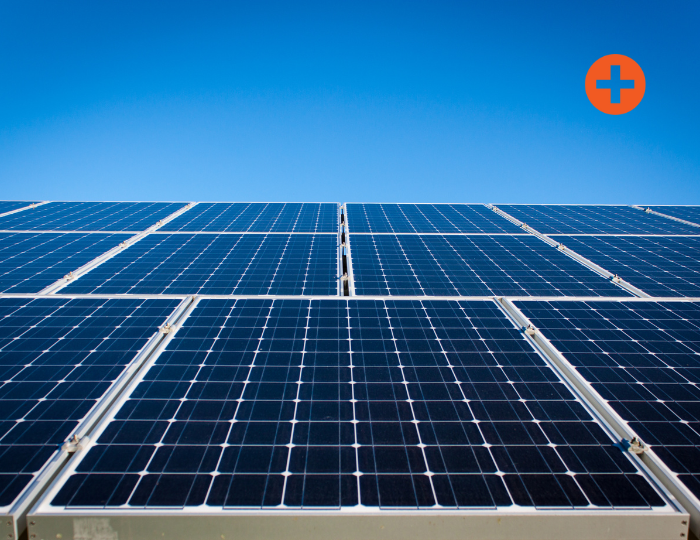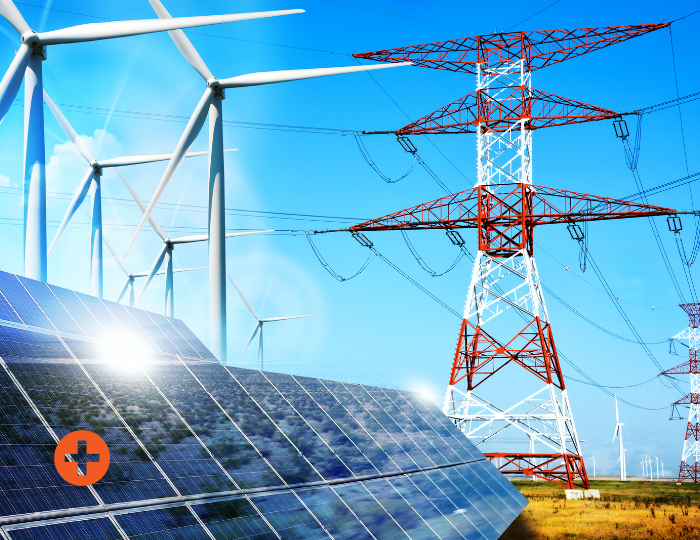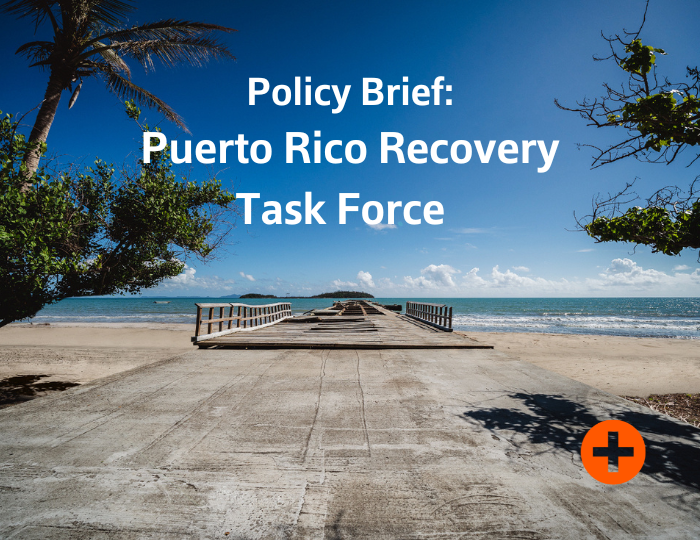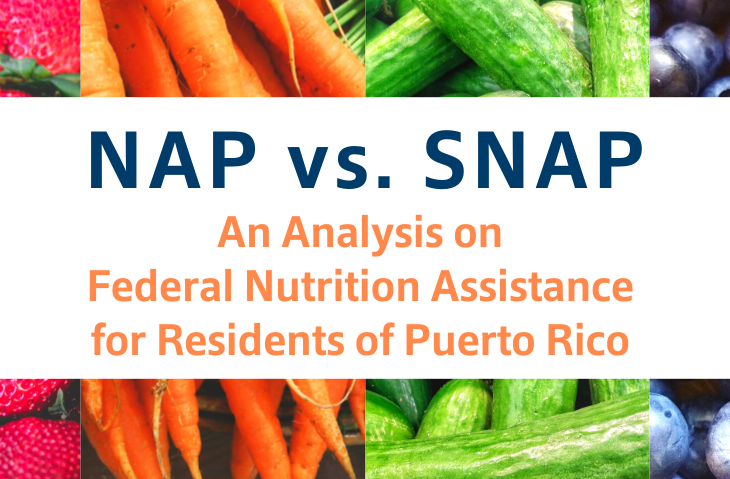Let’s Get Going: Next Steps in Puerto Rico’s Energy Transformation
We reviewed a summary of the main findings of the PR100 Study in a prior policy brief. This time around we want to focus on a handful of issues that we believe merit further public discussion and analysis in Puerto Rico.








